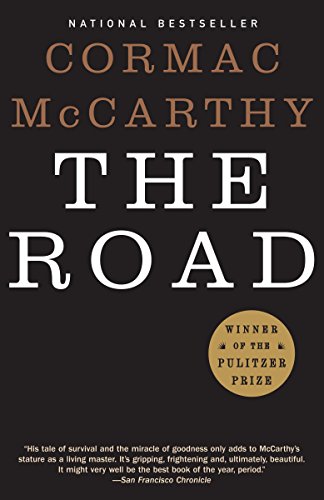About The Book
Written by the pioneer of 6-trait writing, this fifth edition brings everything up to date, offering a comprehensive overview of the best education...
Read more
strategies and philosophies of writing assessment and instruction. It provides clear guidelines on helping students draft, assess, and revise their writing, as well as explicit criteria to show students precisely what they must do to succeed as writers in virtually any situation. Because the six traits are so widely used at the state level, many school districts are incorporating them into state standards and state assessments. This book can dramatically help teachers to prepare their students for success on state tests and beyond. Give students the preparation they need to become writers for life! New lessons, suggested by numerous teachers throughout the country--all tested and tried with students in the classroom! Lesson ideas connected to sample papers, offering students many opportunities to learn and practice revision skills. Updated rubrics, offering greater clarity and ease of use, including: a teacher favorite, the Leap the River 6-point model, that shows students precisely when and how writing moves from beginning levels (in need of revision) to proficient levels (demonstrating strength). a brand-new 3-level rubric that can be adapted as a 5- or 6-point scale. This model offers students and teachers more flexibility than they have ever had in a rubric, with the descriptive richness of the 5-point scale and the thoroughness and precision of the 6-point. New teacher voices in Chapter 10 to offer a wide range of instructional ideas. The author explicitly identifies key strategies, making this chapter much more user friendly and easy to skim for favorite moments. Spanish translations offered for some key items: "Leap the River" rubric for students, a Spanish student checklist, and--also brand new--Spanish trait summaries for use by teachers in introducing the traits. Strategies for challenged writers–-and for those who need a challenge–-are part of virtually every chapter, from lessons to process to recommendations from teachers. Those who work with struggling writers will gain ideas for making revision small and manageable, while those who work with more advanced students will discover ways to make trait-based writing as challenging as their students can handle. New primary continuums invite even the youngest writers into the trait-based classroom, all while emphasizing instruction, exploration, and discovery–-not assessment. Study group discussion questions and activities offer challenging and diverse ways for study groups or students in a writing class to extend their learning and work in teams. This book is intended to be used by groups who are serious about rethinking and redesigning their writing instruction and who wish to make the six traits part of that plan. Increased emphasis on informational writing appears throughout the book, both in examples and in lessons.
Hide more




